True cost of Queen’s power play revealed
The Queen was applauded for playing hardball with Meghan and Harry – now the horrifying true toll of her decision has been laid bare.
COMMENT
On April 9, Prince Charles and his wife Camilla Duchess of Cornwall celebrated their 15th anniversary. The couple released a charming, jack russell-filled shot of the pair, taken at their Scottish estate Birkhall which was suitably benign.
Yet, 25 years ago, this very image would have been totally, wildly unthinkable.
For most of the ’80s and ’90s, Charles’ marital woes and later his affair with the woman then known as Camilla Parker-Bowles dominated the British media. His suitability to be King and his moral standing, or lack thereof, were vehemently debated about for the better of two decades. His reputation was mauled in the press, not helped when he revealed to the world his desire to be a tampon. Hardly edifying stuff.
The point being: When it comes to the royal family, scandal is nothing new. Sexual romps, extramarital indiscretions and crumbling marriages are par for the scurrilous, regal course.
And yet despite the fact that 2019 was a year in the Queen’s life when none of her family divorced, when there was a new baby and a new engagement to celebrate, and when her now 99-year-old husband proved to be verging on the immortal, it was undoubtedly one of the worst of her nearly 68-year reign.
RELATED: Queen shows Meghan, Harry’s big mistake
RELATED: Harry debuts subtle name change
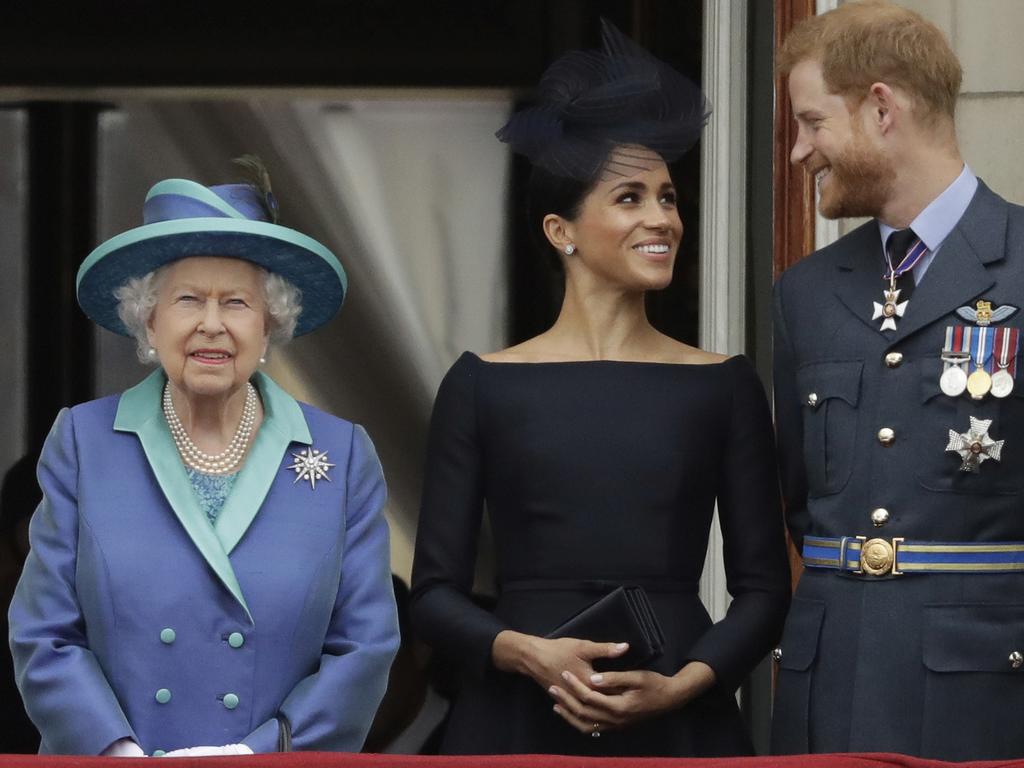
When Prince Philip managed to flip his Land Rover in January, injuring a woman travelling in another car, it seemed the usual sort of royal calumny. However as the year progressed, the ructions and schisms in the younger generations of her clan presented a growing threat to the very structural integrity of the so-called Firm.
Working chronologically, let’s start with the Sussexes whose renegade approach to royal life has had a seismic impact on the monarchy. Time and again, the duo managed to spark frenzied debate which has opened up a vast, public discourse on some fundamental questions about the institution and its value in the 21st century.
In February, Meghan flew to New York for a celebrity-filled baby shower, raising questions of just where celebrity ended and royalty began.
When Harry and Meghan traded their home in Kensington Palace in April for the newly revamped Frogmore Cottage, a renovation that cost UK taxpayers more than $4 million, the way that the Windsors are funded indirectly from the public purse became a thorny issue in the Palace’s side.
Come May and Meghan and Harry welcomed their first child, son Archie, yet the fumbling of the announcement whipped up a controversy over how much the public has a right to wedge themselves into the personal lives of the royals, especially those lower down the regal ladder.
Ditto wee Archie’s July christening which saw the press locked out of being able to film the family’s brief, banal walk in and out of the chapel. Thousands of furious, impassioned words were written for and against the Fourth Estate being allowed to occupy an acknowledged role in the royal world.
RELATED: Meghan and Harry announce new venture
RELATED: Why Meghan hasn’t seen her mum
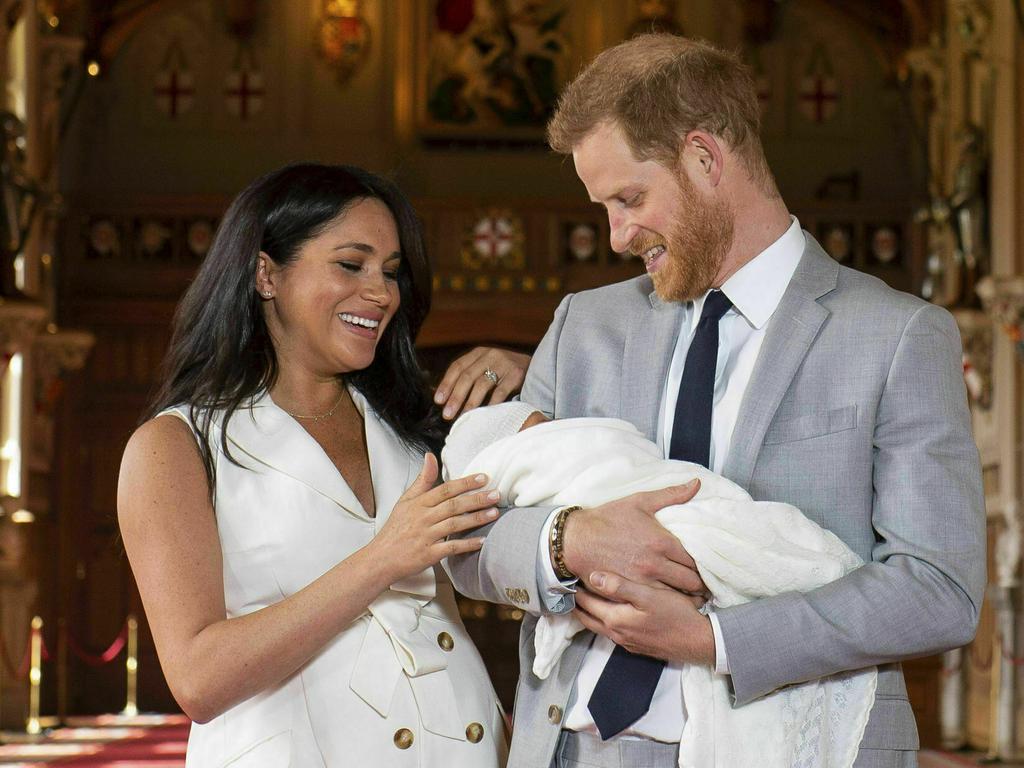
The same month, Meghan went to Wimbledon with two friends, the small group sitting among a sea of empty chairs. The visit was dubbed private, a designation that many saw as risible given they were willingly sitting in an arena along with thousands of other people and where there were live TV cameras. Again, the Duchess’ actions were the match that lit a particularly combustible conversation about where the line between public and private existed for HRHs.
Then came the beginning of the couple’s Great Escape. Rewind to their much-lauded official tour of Southern Africa in September and a particular ennui seemed to have settled over the glamorous duo, which they in turn confirmed when they both offered up heart-on-sleeve TV interviews. Their underlying message seemed clear: Being a member of the royal family was a disheartening, draining gig.
Finally, their coup de grace in the first days of January this year: They wanted out. While reports have since outlined the fact that the Queen and Prince Charles had known of their desire to renegotiate their contract, no particulars had been locked in before the Sussexes went public, allegedly blindsiding the Palace.
RELATED: How ‘Operation Princess’ failed
RELATED: Is this Meghan and Harry’s new home?
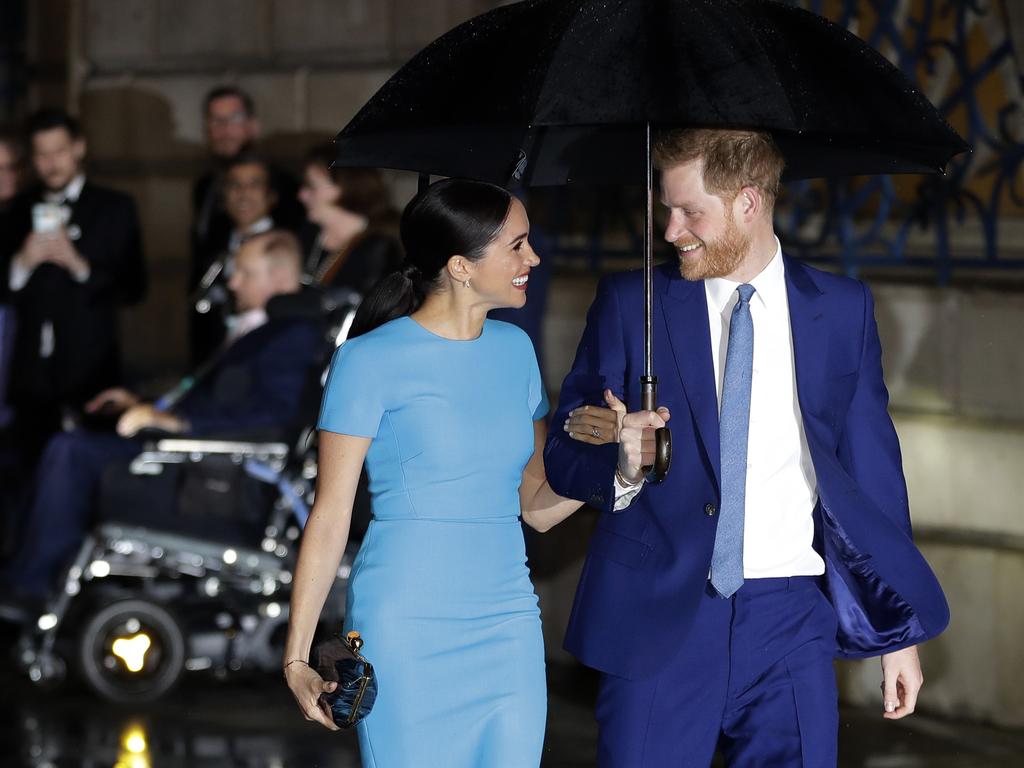
Days later the so-called Sandringham Summit took place, Her Majesty, Charles and William sitting down with Harry to hash out a “divorce” deal. When the details were made public the same day, the Queen was widely applauded for having held a staunch line – the Sussexes could either enjoy the responsibility and privilege of royal life or not, no dillydallying or trying to fashion some clunky hybrid version.
While her firmness was commended by many, the wholesale departure of Harry and Meghan bore not only a personal but regal toll with the far-reaching implications of their choice becoming clearer and clearer.
This entire episode has wrought considerable damage to the royal brand. Are they still the outwardly unfeeling mob who failed to protect a fragile Diana? Why was not more done to help Meghan make the transition to royal life? Their swift action brings with it a certain implication, rightly or wrongly, that given the wealth and privilege that comes with being a member of the royal family, things must be particularly toxic behind the scenes to be willing to give it all up.
With nearly every one of their PR calamities or public controversy, the Sussexes have inadvertently raised fundamental and existential questions about the function and value of the monarchy in the 21st century. For the first time in decades, whether a modern nation should actually have a hereditary monarchy has gotten more and more airtime, which is particularly dangerous territory if you are the Queen.
And then, there is Prince Andrew, the 60-year-old who is said to be the Queen’s favourite child – and the only HRH whose name regularly appears in the same sentence as the acronym “FBI”.
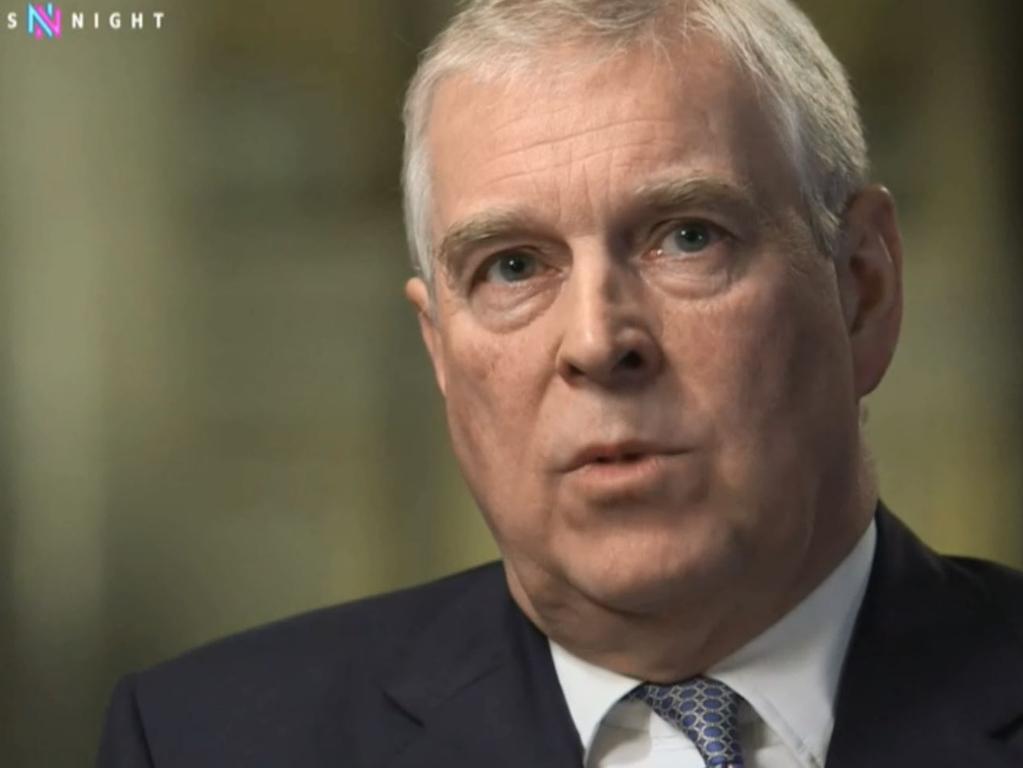
In 2011, when Andrew’s friendship with by-then convicted sex offender Jeffrey Epstein came to light, Buckingham Palace dug into their usual PR arsenal. They firmly denied things and then the Queen invested Andrew with the Knight Grand Cross of the Royal Victorian Order. At the time it seemed like spectacularly ill-advised imperious, if not blatantly obvious, regal manoeuvring. Now it just seems gobsmacking.
But by the time 2019 came around, the cultural ground had shifted dramatically thanks to the #MeToo age. When Epstein was arrested in July last year, there was no chance Andrew’s mummy could protect him from the renewed, and far more blistering, global scrutiny he suddenly faced over his ties to the depraved financier.
Less than 48 hours after Epstein died in a New York jail cell in August, the Queen attempted to try to deploy a sort of royal bulwark, by very publicly taking him to church with her. The shots of the buffoonish grinning man alongside the nonagenarian sovereign made headlines globally.
While her regal imprimatur might have gone some way in 2011 to shielding him from the growing media feeding frenzy, this time her choice only stoked public anger and made her seem woefully, perilously out of step with national feeling.
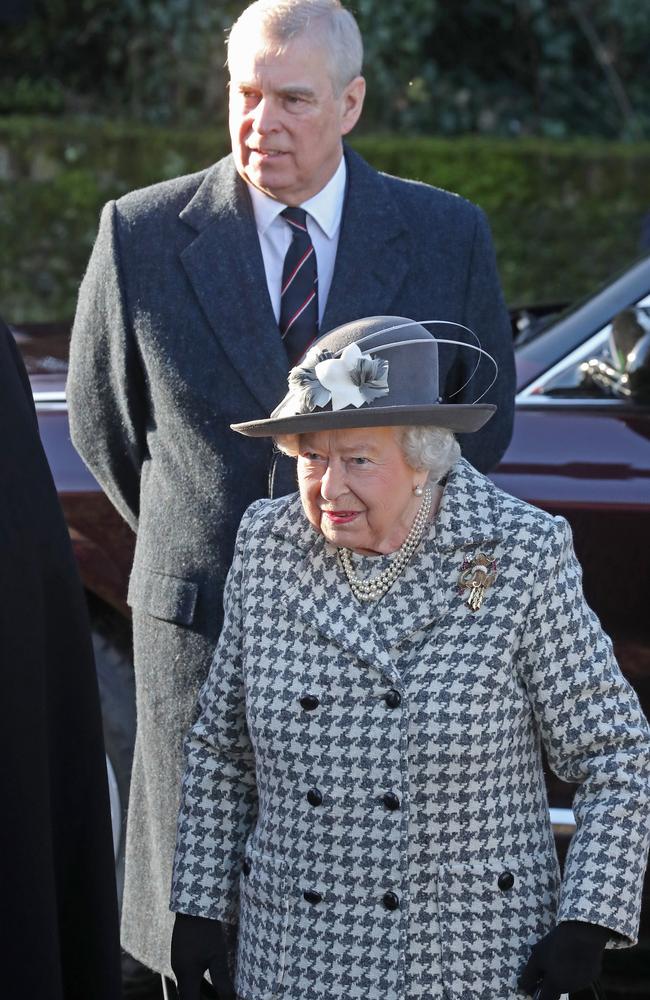
Trying to shield a person who saw fit to spend five nights in the home of a person who was then on the sex offenders’ register from public opprobrium might have washed in times gone by. The fact that this was even attempted in 2019 made the Queen appear wildly removed from the real world and contemporary expectations and standards.
Three months later things went from bad to nuclear when Andrew agreed to a lengthy BBC interview to discuss his ties to Epstein. The resulting 50-minutes of television were so appalling, so lacking in empathy for the victims of a heinous criminal, and so cringe-worthy that days later Andrew was forced to ignominiously step down as a working member of the family.
While Andrew has largely been absent from public view since then, aside from being photographed attending an earlier church service on Christmas Day than the rest of the family, the Epstein shadow looms large over the Palace still.
In February, US attorney for the Southern District of New York Geoffrey Berman fronted the media to allege that Andrew had “provided zero co-operation” with investigators.
The same month lawyer Gloria Allred arranged for an American-style school bus to drive past Buckingham Palace emblazoned with photos of the Prince and the words “If you see this man please ask him to call the FBI to answer their questions.” Prince Andrew denied the accusations of failing to co-operate.
The Andrew issue is not just another embarrassment or episode of naughty royal behaviour – this is in a horrible league of its own.
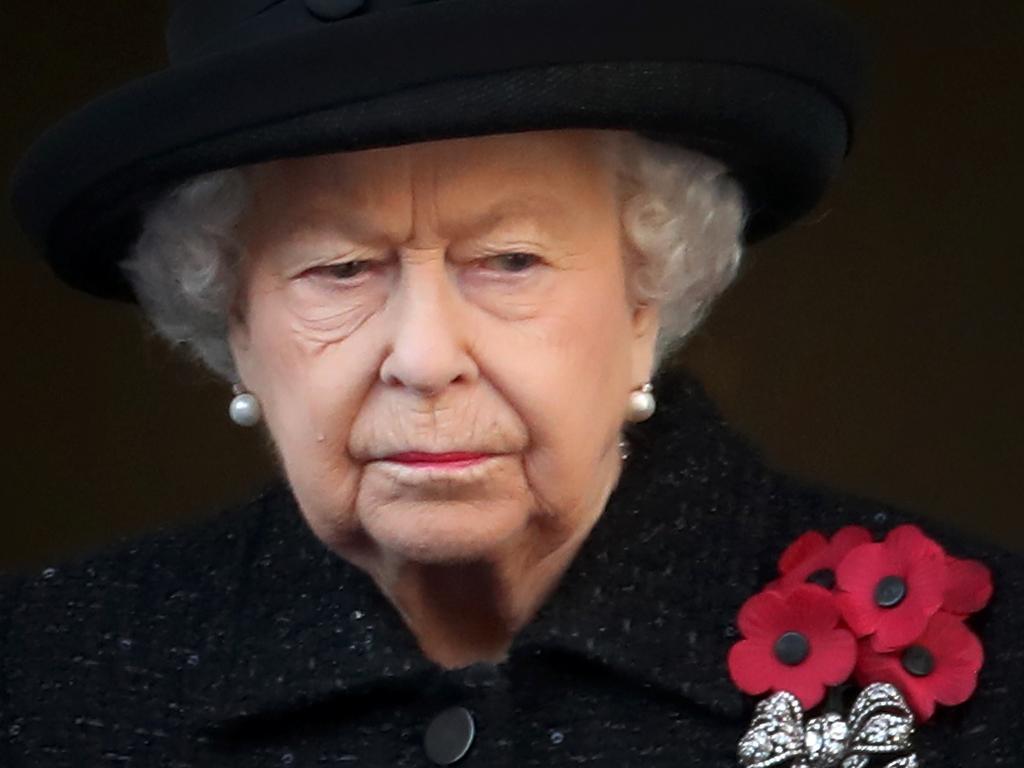
The way that the Queen and the wider royal machine have spectacularly failed to respond to this situation has only served to reinforce the notion that the Windsors are out of touch with the views of the masses. If there is one thing that has fundamentally changed in our culture it is that no matter who you are, you will be called to account.
It remains to be seen how much damage this situation will do to the Queen’s legacy in the long-term.
Looking back, is it any wonder Her Majesty reflected in her last Christmas speech that “2019 has been quite bumpy”? Something of an understatement perhaps Ma’am.
Last week the Queen delivered only the fourth TV address of her reign, putting on a display of poise and stoicism in the face of global pandemic. She filmed the address at Windsor Castle where she is self-isolating with a skeleton staff of eight and which is where next week she will celebrate her 94th birthday (the official celebration takes place in June).
For a person used to wielding her power and influence, the last 12 months have come at a high cost with the very foundation of the monarchy fracturing and the entire institution facing its most severe stress test in a generation.
While the twilight years of her life should ostensibly be peaceful ones, the events of 2020 thus far suggest the Queen still faces her greatest challenge yet. Happy birthday, Your Majesty. If there was ever a time for a triple G&T, it’s now. I wager you are going to need it.
Daniela Elser is a royal expert and writer with 15 years experience working with a number of Australia’s leading media titles.




